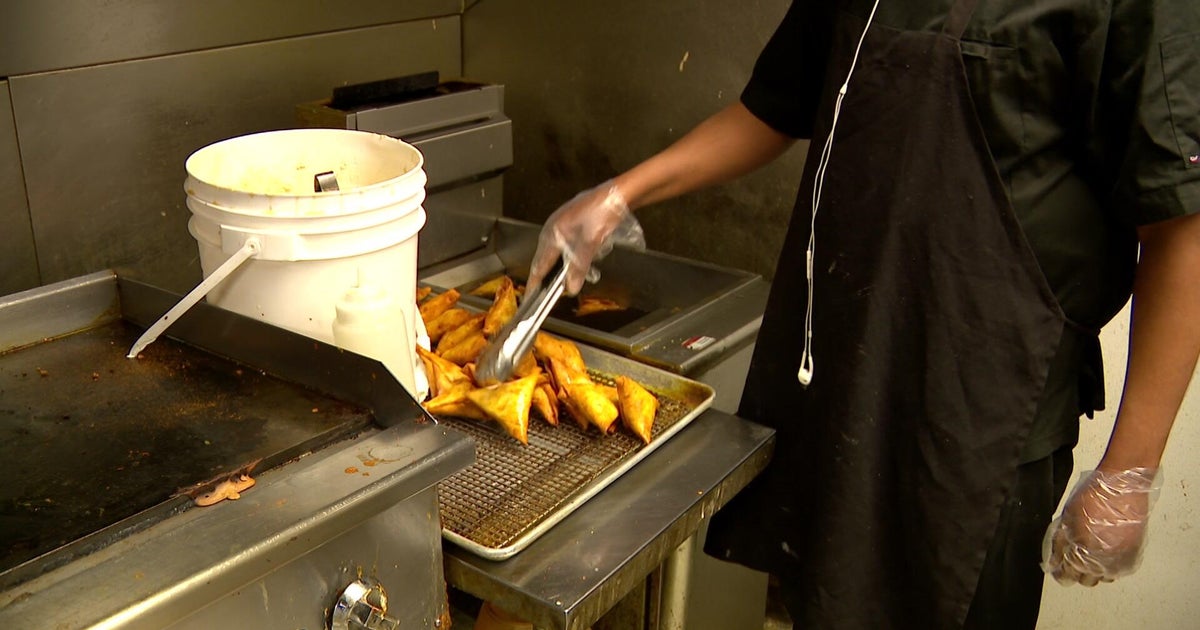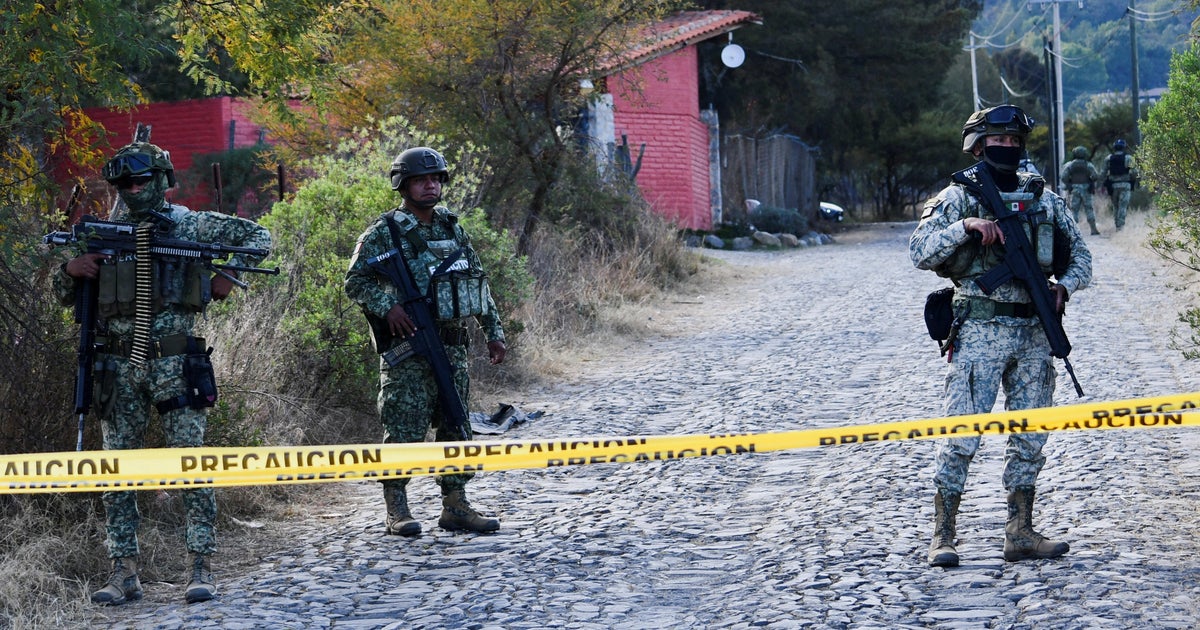Gottlieb says "aggressive surveillance" needed to track future coronavirus spread
Washington — Dr. Scott Gottlieb, the former commissioner of the Food and Drug Administration (FDA), said Sunday that a return to normalcy in the United States once the spread of the coronavirus slows would need to be accompanied by "aggressive surveillance" that allows for case-based intervention if there are future outbreaks.
"Nothing is a home run here, but we don't need a home run," Gottlieb said on "Face the Nation." "What we need is a better toolbox, a good medicine cabinet coupled with very aggressive surveillance. That could be enough to really change the contours of the risk in the fall and allow people to feel comfortable going back out again."
Gottlieb, who led the FDA under President Trump until 2019, said a "massive surveillance system" would allow infections to be detected quickly and said the country should have such a system in place.
"We'll be able to identify cases when there are small outbreaks in the fall and use case-based intervention," he said. "It's basically isolating people with the infection and their close contacts."
There are more than 312,000 confirmed cases of the coronavirus in the U.S., according to Johns Hopkins University, and more than 8,500 people have died.
Public health officials warn that the coming week is likely going to be a painful one for many Americans as the death toll continues to rise. While New York City is currently the epicenter of the coronavirus outbreak, Louisiana, Michigan, Illinois and Georgia, among other states, are projected to be the next hotspots.
Gottlieb said "mitigation is clearly working," but predicted the South will likely see a spike in the number of new cases.
"We're seeing cases slow in the Northeast and the northern states," he said. "The Sun Belt is going to be in for a tough week. We're going to see cases in the Sun Belt start to accelerate."
Gottlieb praised the efforts by public health officials in New York, saying they are undertaking a "historic effort," and said he doesn't expect the state will run out of ventilators.
"I think the New York City health system is going to be brought right to the brink, but they're not going to go over," he said.
Gottlieb also urged the Centers for Disease Control and Prevention (CDC) to inform doctors assisting patients with the coronavirus of the collective clinical experience nationwide to help with their decision-making.
"What we should have is literature published by the CDC that delineates what's working and what's not so doctors can take a more systematic, data-driven approach to these things," he said.
Gottlieb said that until there is a drug to prevent infection in those who are exposed to the coronavirus or treat those who get it, the economy is unlikely to return to normal.
"Absent that, this is going to be an 80% economy," he said. "There are things that are not coming back. People are not going to crowd into conferences. They're not going to crowd into arenas. The marginal customer is not going back to movie theaters and cruises and Disneyland. And we need to accept that. Now, what changes that equation is technology. But we need a deliberate approach to getting that technology quickly."



